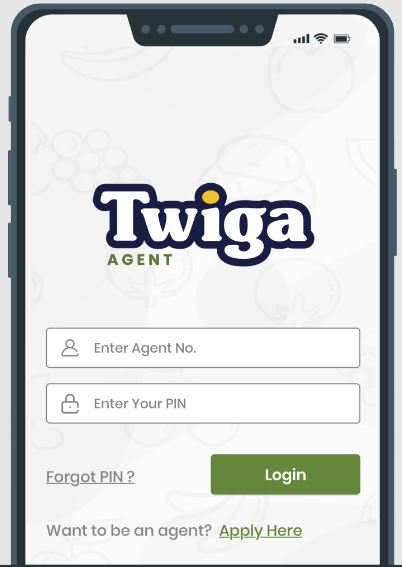Twiga Foods is Improving Market Access for Farmers and Reducing Food Price in Kenya

50% of Africa’s workforce relies on the agricultural sector for their livelihood, income, and employment. Particularly in Kenya, agriculture accounts for over a quarter of the country’s GDP. Over 75 per cent of the country’s population makes some part of their living from agriculture. However, inefficient handling practices has plagued Kenya’s agricultural sector with food waste. More so, small and medium-sized food vendors often lack access to a reliable supply of affordable and quality products. Twiga Foods adopts a B2B practice to connect FMCGs and manufacturers with retailers in Kenya in a bid to increase revenue. This process is providing solution to food inefficiency in Kenya.
Twiga food was launched in 2014 by Peter Njonjo and Grant Brooke. The startup uses technology to organize Kenya’s informal retail system. It also aims to build efficient supply chains, with an objective of reducing the cost of food.
Twiga has become the single largest buyer of fresh produce in Kenya with over 400 products and 8000 farmers. The startup also services over 4,000 farmers and 35,000 shopkeepers.
Founders, Peter Njonjo and Grant Brooke help several positions before launching Twiga Foods. Njonjo was the President of Coca-Cola Company’s West Africa business unit, and previously was the General Manager of Coca Cola’s East Africa franchise. Brooke has over seven years’ experience in Nairobi’s informal markets through masters and doctoral work on their social economic environment.
How Twiga Foods Offers
Twiga Foods deals directly with farmers and operates 25 collection centers and a fleet of 50 delivery vehicles. Twiga Foods employs 240 staff and has become the largest seller of bananas in Kenya. These bananas are distributed through 7,000 weekly deliveries to more than 3,500 registered vendors.

Twiga Foods’ interface
For farmers, Twiga Foods offers higher prices and a guaranteed market to farmers. This way, it eliminates unscrupulous brokers would take advantage of these difficulties by offering farmers below-market prices. It also helps to reduce post-harvest losses and waste as it matches demand with supply. Twiga deals directly with farmers to match the demand from retailers. Twiga collects the produce straight from the farms, and farmers are paid within 24 hours.
Twiga’s lower prices and a reliable supply to vendors guarantees steady sales and income for both farmers and vendors. Registered merchants in Nairobi can place an order with a sales representative or directly on Twiga’s app. Upon receiving the order, Twiga dispatches via its distribution vehicles free of charge and in 24 hours. Twiga maps its vendors using geographic information system (GIS) to see who is ordering, where they are located, what the conditions of the road are, and how to best organise deliveries to maximise efficiency.
Twiga Foods also offers access to credit products through third parties. This is open to both farmers and vendors.
E-commerce and Fintech
Fintech and E-commerce sectors compliment themselves. E-commerce startup are open to providing quick and easy payment process for users. This way, Fintechs thrive.
Twiga Foods uses M-Pesa, Safaricom’s mobile money service, to manage and streamline their payment processes for vendors and farmers. Through M-Pesa, Twiga Foods makes about 1,000 payments to farmers a week.
Previously, vendors would pay with cash and the Twiga Foods sales team would then deposit the money at a mobile money agent at the end of the day. M-Pesa’s services has helped reduce the risk and transaction costs of handling cash.
Twiga Foods has integrated mobile payments in its supply chain platform. This way, farmers receive their payments through mobile money and information is recorded to enable timely settlement of payments.
